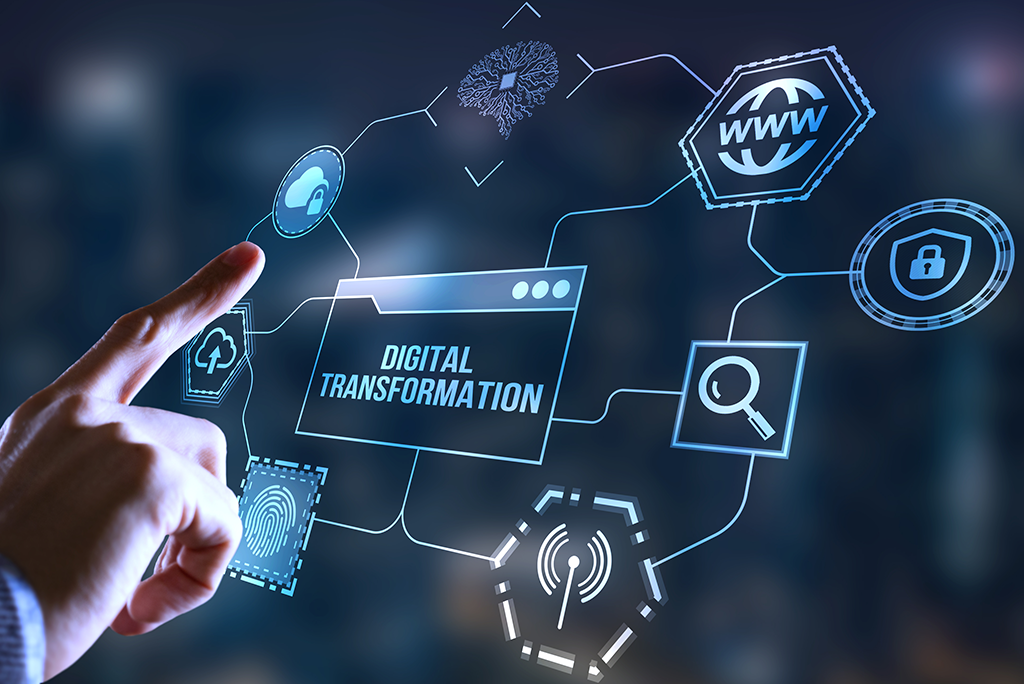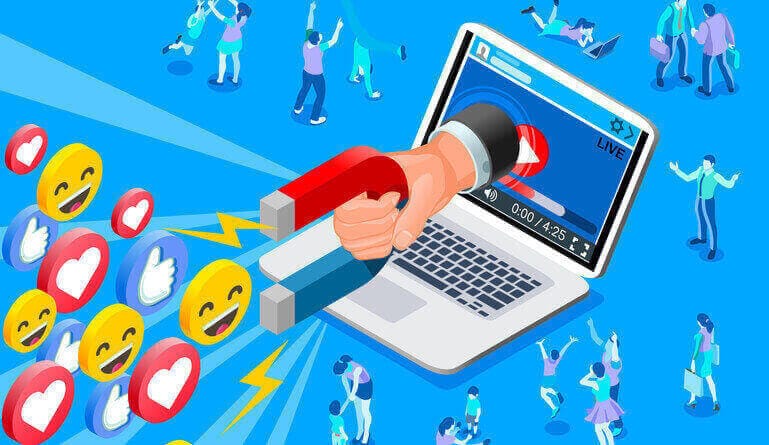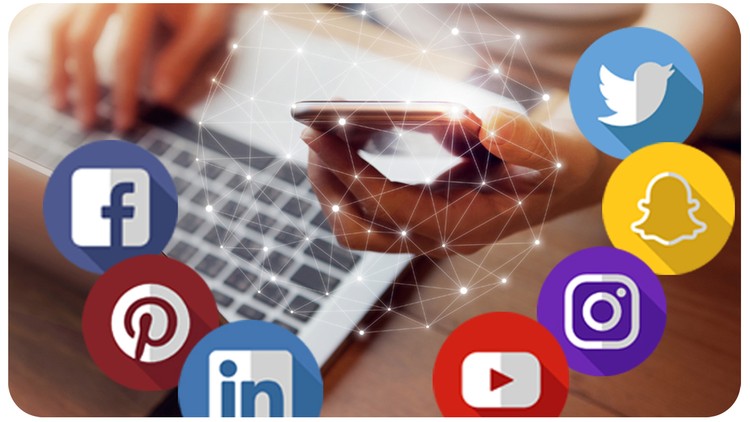Social media has transformed the way we communicate, connect, and share information. It has become an essential tool for individuals, businesses, and organizations, shaping how we perceive and interact with the world around us. As an ever-growing digital landscape, it influences everything from personal relationships to global trends and movements. Below, we will explore the various facets of social media, examining its significance, impact, and the benefits it offers in today’s interconnected society.
1. Changing Communication Dynamics
In the past, communication relied heavily on face-to-face interactions or traditional means such as letters and telephone calls. Today, social media platforms have redefined communication by offering instant connectivity, allowing people to engage with others regardless of geographical boundaries. Platforms such as Facebook, Twitter, Instagram, and LinkedIn allow users to share ideas, updates, and thoughts within seconds, fostering real-time conversations and creating an ongoing dialogue among individuals worldwide.
Social media has also provided a space for people to express themselves freely. Whether through blogs, posts, or videos, it offers a platform for creativity, allowing users to showcase their talents and opinions without the restrictions of traditional media outlets. This freedom of expression has played a crucial role in democratizing information and empowering individuals to be heard.
2. Business and Brand Building
For businesses, social media has become an indispensable tool for brand building, customer engagement, and marketing. Companies are now able to reach a vast audience in a fraction of the time it would take through traditional advertising channels. Through platforms like Instagram, Facebook, and Twitter, businesses can interact with customers directly, receive feedback, and address concerns instantly.
Social media marketing also enables businesses to tailor their messaging to specific demographics through targeted ads, promotions, and content. This level of personalization allows brands to engage with their audience in a meaningful and relevant manner, fostering trust and loyalty among customers.
Furthermore, social media platforms provide a means for businesses to humanize their brands. Behind every tweet, post, or video, companies have the opportunity to showcase their values, culture, and personality, creating stronger emotional connections with their audience. This human touch is vital in building lasting relationships in an increasingly digital world.
3. Influencing Public Opinion and Social Movements
Social media has emerged as a powerful catalyst for social change. Its ability to amplify voices has led to the rise of movements advocating for human rights, environmental protection, and political reform. Hashtags like #BlackLivesMatter, #MeToo, and #FridaysForFuture have gained worldwide attention, mobilizing millions of people to stand up for causes they believe in.
The rapid dissemination of information through social media has allowed issues to gain traction quickly, rallying support and sparking widespread discussion. In many cases, social media platforms have enabled marginalized communities to amplify their voices and share their experiences with a global audience, promoting equality and justice.
However, this power also comes with its challenges. While social media has been a tool for positive change, it has also been used to spread misinformation and perpetuate divisive narratives. This duality underscores the importance of responsible content sharing and the need for critical thinking in the digital age.
4. Education and Learning Opportunities
Social media has opened up new avenues for education and learning, making knowledge more accessible than ever before. Platforms like YouTube, LinkedIn Learning, and Twitter serve as valuable resources for individuals looking to enhance their skills, explore new topics, and gain insights from industry experts.
Educators and institutions are also leveraging social media to connect with students, share educational materials, and foster collaborative learning. With the rise of online communities and discussion forums, social media has created virtual classrooms where students can engage with their peers, ask questions, and expand their understanding of various subjects.
Moreover, social media has facilitated the growth of professional networks, allowing individuals to build connections with experts in their field. This access to professional networks and mentorship has become a crucial element in career advancement and personal growth.
5. Challenges of Social Media Usage
While social media offers numerous benefits, it also presents certain challenges. The constant stream of information can lead to information overload, causing users to feel overwhelmed and stressed. Moreover, the pressure to maintain an idealized online persona has contributed to mental health concerns, particularly among younger users who may struggle with issues like anxiety, depression, and self-esteem.
Social media addiction is another growing concern. The endless scrolling, notifications, and engagement can become addictive, leading users to spend excessive amounts of time online at the expense of face-to-face interactions and personal well-being. It is essential for users to maintain a healthy balance between their digital and offline lives, setting boundaries to avoid the negative effects of overuse.
Privacy is also a major issue in the world of social media. As users share personal information and experiences, they often unknowingly expose themselves to risks such as data breaches, identity theft, and surveillance. To mitigate these risks, it is crucial for users to be aware of privacy settings and exercise caution when sharing sensitive information online.
6. The Future of Social Media
As technology continues to advance, the future of social media looks promising yet uncertain. Emerging trends such as artificial intelligence, augmented reality, and virtual reality are expected to reshape the way we interact with digital platforms. These innovations will likely lead to more immersive and personalized experiences, further blurring the lines between the physical and digital worlds.
Social media will also continue to evolve as it adapts to the changing needs of users. From a business perspective, platforms will focus more on integrating e-commerce features, allowing brands to sell directly to consumers through social media channels. For individuals, the future of social media may involve more seamless integration with other aspects of daily life, creating a more interconnected and personalized experience.
While the direction in which social media will evolve remains to be seen, one thing is certain: it will continue to play a pivotal role in shaping the way we communicate, learn, and connect with one another. As we move forward, it will be essential for individuals, businesses, and society as a whole to navigate this digital landscape thoughtfully and responsibly.
In the rapidly changing digital world, social media will remain a cornerstone of modern life. Its potential to foster connection, support causes, and provide learning opportunities is unparalleled, but it is crucial to approach it with awareness and care, balancing its benefits with the responsibility of mindful engagement.







